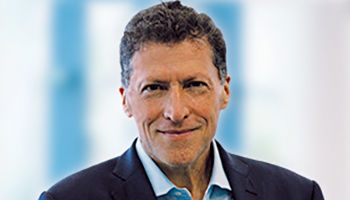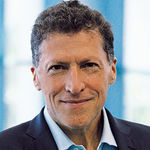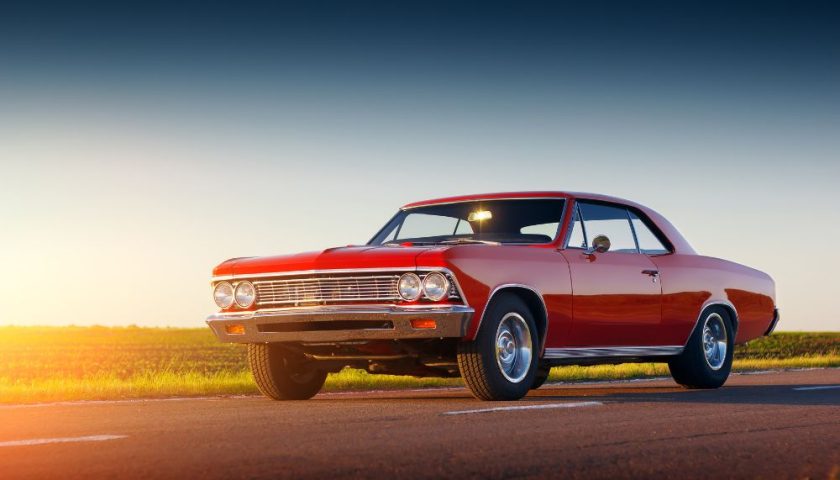Until the year 2000, Steve Cohen felt he was doing pretty well as a chamber magician, lining up private gigs in wealthy people’s homes in Chappaqua, N.Y., pulling in about $2,000 per show.
Then he met Mark Levy, a marketer Cohen describes as “brilliant.” Levy saw more potential in Cohen’s act than Cohen did himself. He urged him to lean harder into who he already was and to overtly position himself as “the millionaires’ magician.”
Cohen thought it was a crass idea. His wife thought it was a crass idea. His parents and best friend advised against doing it. “I thought I would lose all my clients; no one’s going to come to a magician who calls himself that.”
But Levy was persuasive. “If you can’t give up the $2,000 gate, you’ll never get the $20,000 gate,” he told him, referring to payment per show. “Be true to who you are. Go all in on that.”
Cohen moved his show to a room at the Waldorf Astoria in New York, performing in a long-tail tux. He peppered his speech with references to luxury products. He instituted a dress code for patrons. And he began burning through his savings. Multiple times, he was ready to throw in the towel, but he pushed ahead.
Fast forward 20 years. In that time, Warren Buffett has flown Cohen to his home to perform. He was also hired by Michael Bloomberg and Martha Stewart to do private shows. Barry Diller booked a front-row seat and was an eager volunteer at the public show he attended. Cohen has performed for Russian oligarchs, Middle Eastern princes, Chinese billionaires, the queen of Morocco and the (previous) crown prince of Saudi Arabia. When he’s not doing his weekend gig (two shows on Fridays and Saturdays, now at the Lotte New York Palace), he’s flying around the world to private islands, megayachts and villas to perform.
And in time, he became not only “the millionaires’ magician” but a millionaire magician.
Most people who watch Cohen do not shell out $20,000 to $25,000 for a private performance but pay $125 to $350 for one of 64 seats at his public shows. At the one I attended, it appeared that many in the audience likely were tourists for whom the cost of entry was a bit of a splurge, though no more than they might spend on a Broadway show.
I spoke with Cohen afterward, and during our conversation it struck me there were lessons in his story for those selling, or aspiring to sell, luxury travel.
- On the value of positioning: “People want something that they can’t find anywhere else, provided by someone who offers them an experience that is unique and novel. That is something quite valuable to someone who can afford anything.”
- On converting skeptics: “I never, ever put down people who challenge me. They come in expecting they’ll figure out how I do what I do — it’s a bit of a cat-and-mouse game — but in the end, they don’t. And their doubt works to my advantage. One skeptic later called out, ‘We paid for magic. You’re giving us miracles.'”
- On understanding the underlying foundations of craft: “The themes of magic are classic. Everything is a variation on one of six or seven tricks: Vanishing an object, making it reappear, defying the laws of gravity, making an object penetrate another, reading someone’s mind, transposing two objects. You choreograph the elements, molding them and melding them into something different. So everything I do is original, and nothing I do is original.”
- On selling an intangible experience: “Magic always happens in your head, between the ears. Once you’ve convinced someone to believe in what you’re doing, they’ll double down on their belief.”
- On the importance of tuning in to your customer: “Every show is different because every audience is different. Every show, I never know what’s going to happen, and I think the audience enjoys seeing an artist at work, creating and crafting every time.”
- On setting limits for people who push limits: “I used to have a midnight show, often booked by billionaires. Because they paid in advance, they saw me as committed and would often come late, and I was already wiped out from having done two shows. So, I stopped offering a midnight show.”
- On the importance of client referrals: “At the end of every show, I always say, ‘If you enjoyed this, please tell your friends.’ My success depends on word of mouth.”
- On stretching yourself but remaining true to yourself: “At first, I was trying so hard to please, like a court jester. It’s not like that anymore; we’re looking at each other eye to eye. In the end, it’s really just a matter of who you are and who you perform for. If I lived in Iowa or Idaho, I’d probably call myself the farmers’ magician.”






